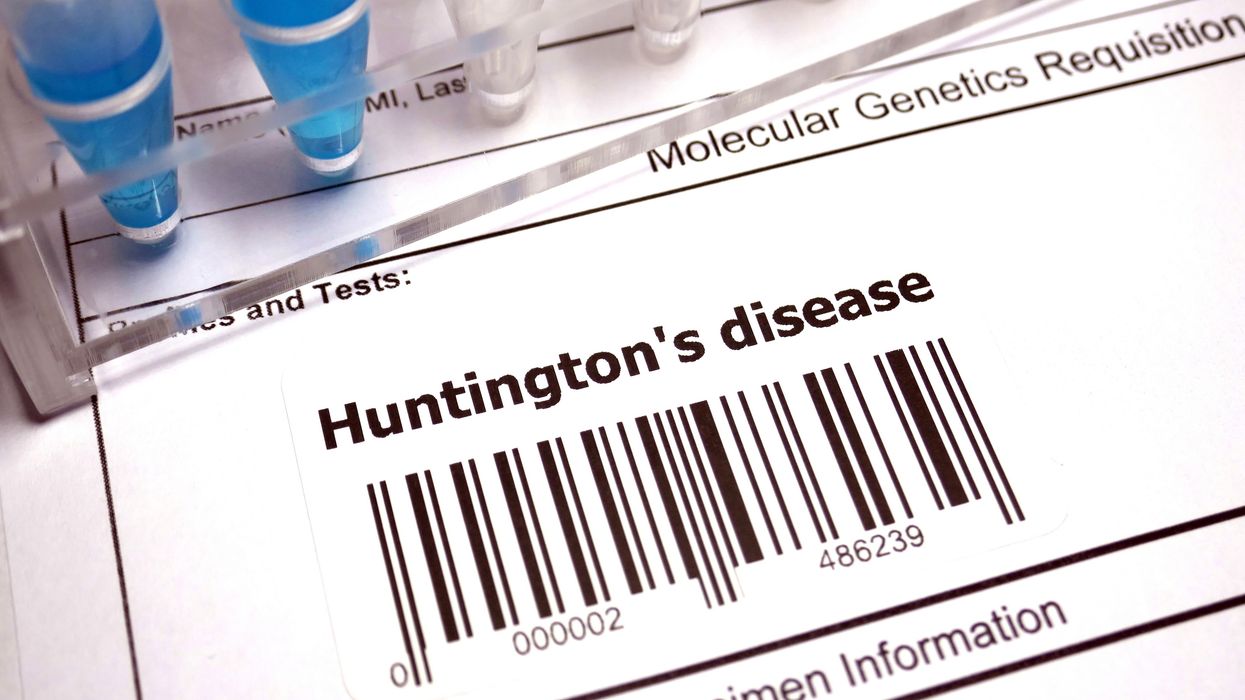Highlights:
- Scientists at University College London report first evidence of a treatment slowing Huntington’s disease.
- Gene therapy AMT-130 reduced disease progression by 75% in patients after 36 months.
- A single dose, delivered by brain surgery, is designed to last a lifetime.
- Researchers call the results “world-changing,” with patients regaining stability in daily life.
A turning point in Huntington’s research
For the first time, researchers have shown that Huntington’s disease can be slowed with treatment. Scientists from University College London (UCL) reported that patients receiving gene therapy AMT-130 experienced significantly reduced disease progression, a breakthrough that experts say could transform care for those living with the condition.
The therapy behind the results
The therapy, AMT-130, is delivered directly to the brain through surgery. In early-stage clinical trials involving 29 patients, those given a high dose showed a 75% reduction in disease progression over 36 months. Unlike conventional drugs, a single dose of AMT-130 is expected to last a patient’s lifetime.
Impact on patients
Huntington’s disease affects movement, thinking, and mood, and until now, treatments only managed symptoms without altering the disease’s course. Principal investigator Professor Ed Wild described the results as “world-changing,” noting that patients in the trial remained stable in ways rarely seen with the condition. One participant, previously forced into medical retirement, has even been able to return to work.
Voices from the research team
Professor Sarah Tabrizi, lead scientific adviser on the trial, emphasized the significance of the findings: “These groundbreaking data are the most convincing evidence to date of a disease-modifying effect in Huntington’s disease, where an urgent need persists.” She highlighted the potential of AMT-130 to preserve daily function and extend working life for patients.
What comes next
If approved, AMT-130 would become the first licensed treatment to slow Huntington’s disease. Researchers stress the need to ensure access while continuing to develop additional therapies. Behind every result, they note, are patients who volunteered for major neurosurgery in the hope of changing the outlook for thousands living with the condition.






 UK and European travellers can access discounted flights to PolandLOT
UK and European travellers can access discounted flights to PolandLOT Airlines are using Valentine’s Day to encourage forward bookingsTravelUp
Airlines are using Valentine’s Day to encourage forward bookingsTravelUp Self-care takes centre stage this Valentine’s DayUNice
Self-care takes centre stage this Valentine’s DayUNice Remote workers and households looking to invest in smarter energy solutionsALLPOWERS
Remote workers and households looking to invest in smarter energy solutionsALLPOWERS






